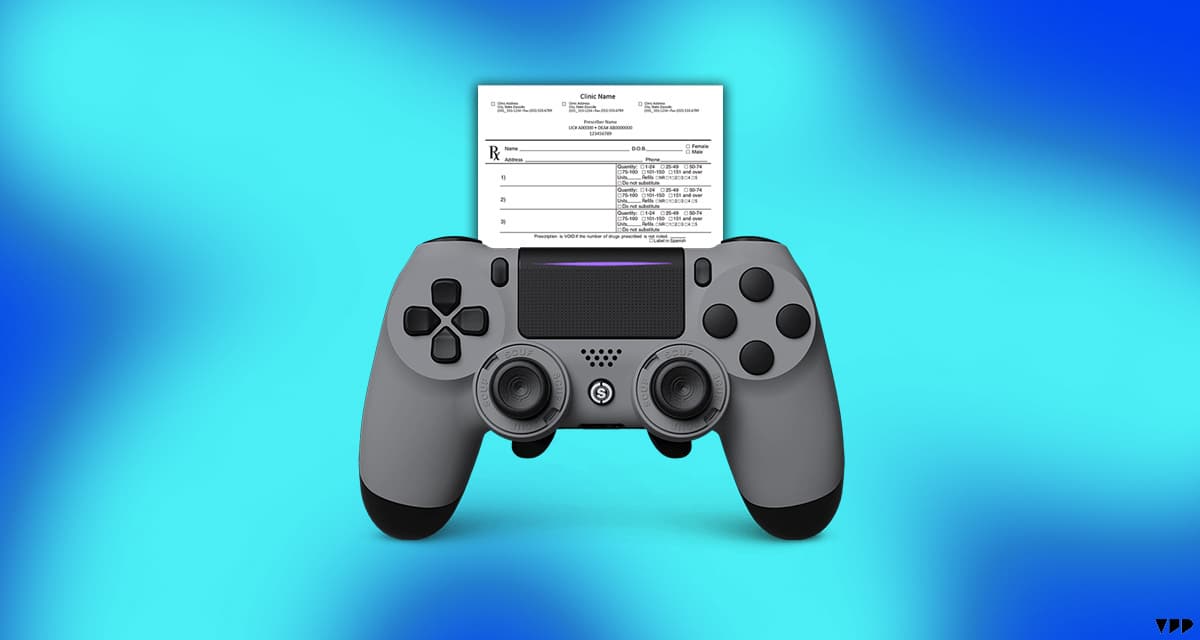Future. Newly-launched DeepWell Digital Therapeutics plans to make video games that can be used as a treatment for various mental health issues, with a specific focus on teens and children. If the games prove to solve any number of players’ mental health challenges, video games could soon be regularly prescribed the same way pills are.
Mind games
A new video-game developer called DeepWell Digital Therapeutics wants to leverage video games as a possible treatment for mental health.
- The company has developed a toolkit to incorporate therapeutic tech into games — a process that adheres to FDA guidelines to pass all necessary regulations to be used as a health product.
- It also wants to partner with currently in-development games to see how the toolkit can be applied to them. DeepWell would handle all necessary approvals to retrofit them.
- It hopes to have at least one in-house developed game ready for next year and six to eight partner games. It will also have a platform to help gamers find titles that are right for their specific mental health challenges.
DeepWell has the right talent to make that plan a reality — it’s founded by Ryan Douglas ( founder and former CEO of medical-device startup Nextern) and Mike Wilson (co-founder of indie game developer Devolver Digital and co-founder of video game developer Ion Storm).
Therapeutics level up
In an interview with Fast Company, Douglas explained that games are great as a mental health therapeutic because “they open people up to think and act in a different way through self-actualization, biofeedback, agency, and role play, and can accelerate learning of new skills through increased neuroplasticity.” And if they’re fun, “patients and players will seek out their positive benefits again and again.”
And there’s research to back that claim up. A 2015 study from Germany’s University of Freiburg in Germany found that story-based games could be beneficial for people with autism, while other studies have found that games can help alleviate symptoms of Parkinson’s disease.
Major developer Ubisoft even went so far as to partner with McGill University to create a game called Dig Rush to help people suffering from amblyopia (lazy eye). It’s available by prescription only.
TOGETHER WITH CANVA
No design skills needed! 🪄✨
Canva Pro is the design software that makes design simple, convenient, and reliable. Create what you need in no time! Jam-packed with time-saving tools that make anyone look like a professional designer.


